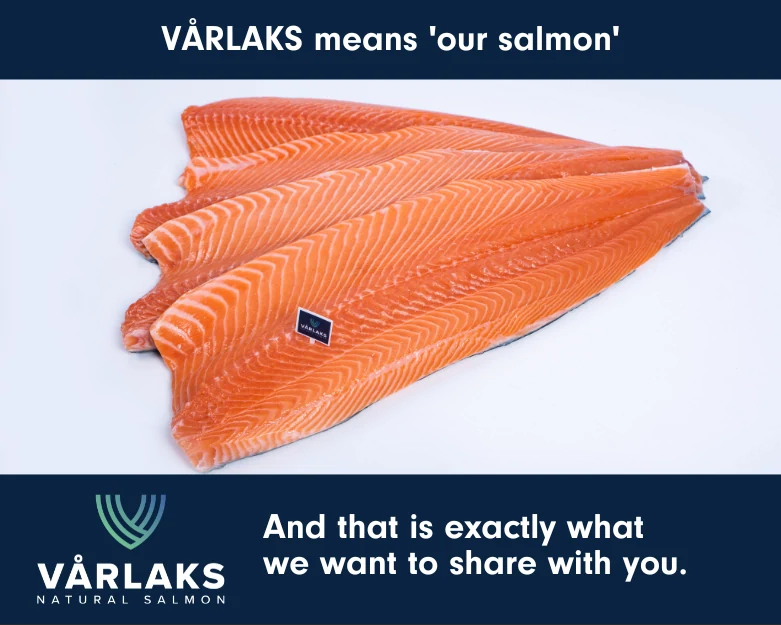Once fully operational, the farm is expected to produce around 10,000 metric tons of king salmon per year.
New Zealand King Salmon has finally received the go-ahead for its first open ocean salmon farm, Blue Endeavour, ending a nine-year-long series of regulatory challenges.
The project, set to be located in the Cook Strait approximately 7km from Cape Lambert in the Marlborough Sounds, is expected to yield substantial export earnings, estimated at up to NZD 300 million ($183 million) annually.
Wild Ora King Salmon? TikTok video exposing ‘fish fraud’ in restaurant industry goes viral
Blue Endeavour will feature 20 large salmon pens and a barge for feeding, marking a significant shift from traditional nearshore, inland salmon farming practices. The choice of the Cook Strait location, with its deeper and colder waters, is a strategic response to the challenges posed by climate change to inland farming, according to a release from the company.
King Salmon CEO Carl Carrington outlined the next steps, starting with an 18-month monitoring program to establish a baseline for assessing the farm’s impacts.
“This will provide a baseline of information, against which we can measure the impacts of a working salmon farm,” Carrington said.
“The next step will be a ‘proof-of-concept’ phase, putting in the trial pens from June 2025. This is when it starts to get exciting from a farming point of view – building a smaller-scale pilot farm so that we can trial new infrastructure while monitoring the welfare of our salmon, to ensure they can thrive.”
Once fully operational, the farm is expected to produce around 10,000 metric tons of chinook salmon per year. Carrington emphasized the thoroughness of the resource consent process, which involved consultations with government departments, iwi, and local communities, addressing concerns about the open ocean model and its environmental impact.
The consent application, initially filed in 2019 through the Marlborough District Council, underwent scrutiny by the Environment Court and an assessment by the Ministry for Primary Industries (MPI) before receiving the green light.
Minister for Oceans and Fisheries Shane Jones welcomed the approval, noting the excessive delays common in aquaculture projects in New Zealand and their economic impact. Jones called for a reduction in the hurdles faced by such projects to benefit the economy and communities dependent on aquaculture.









